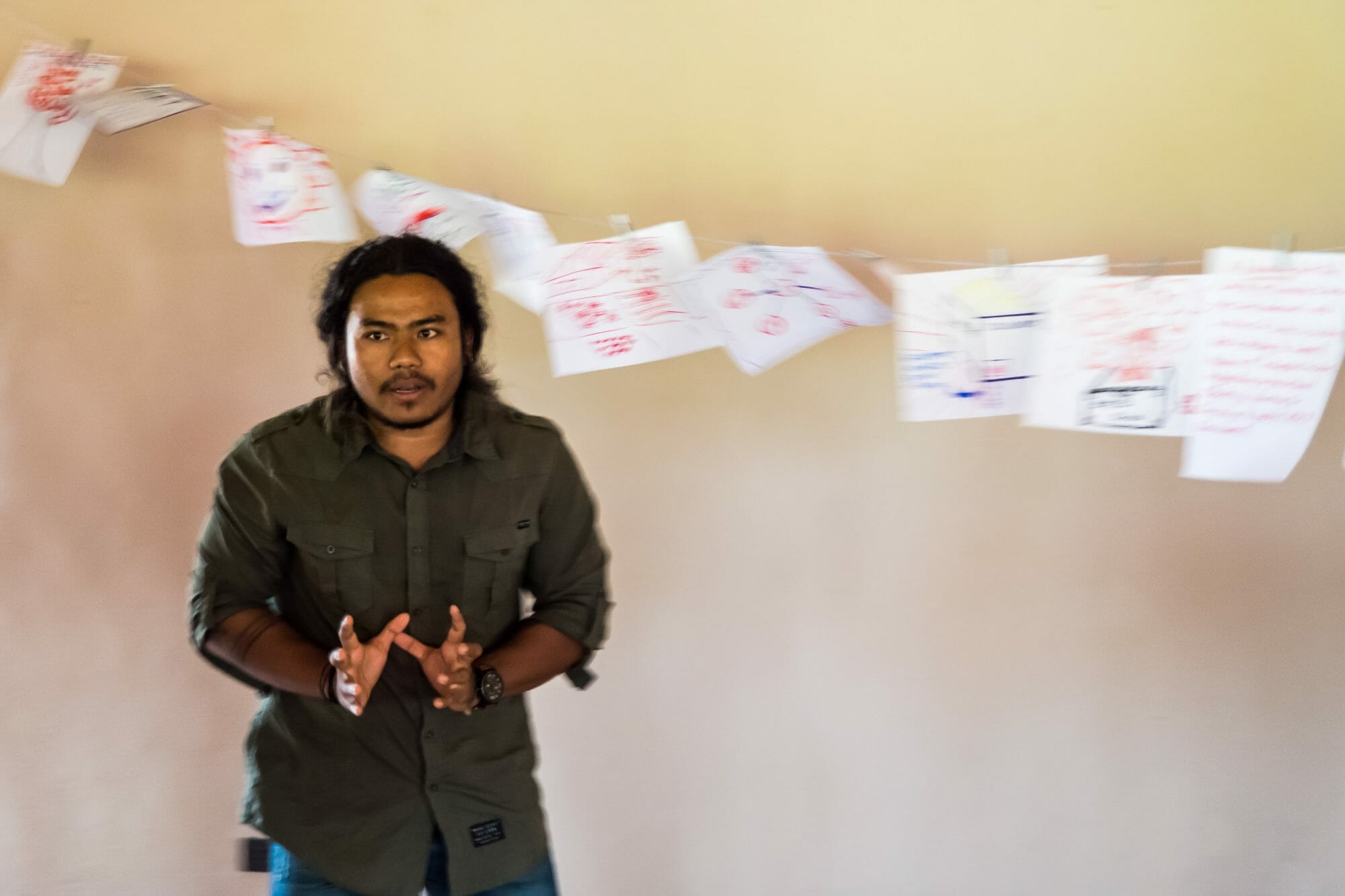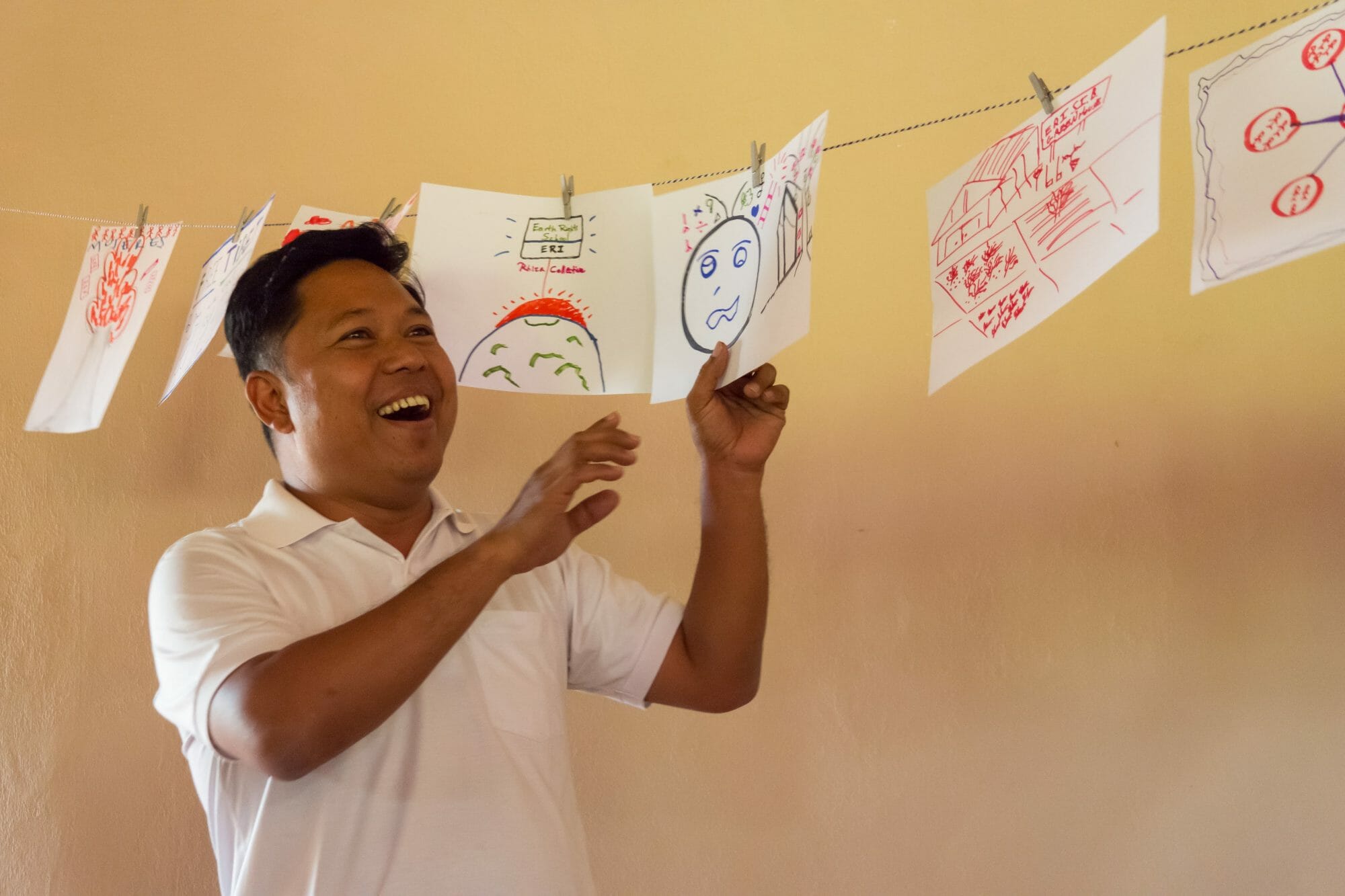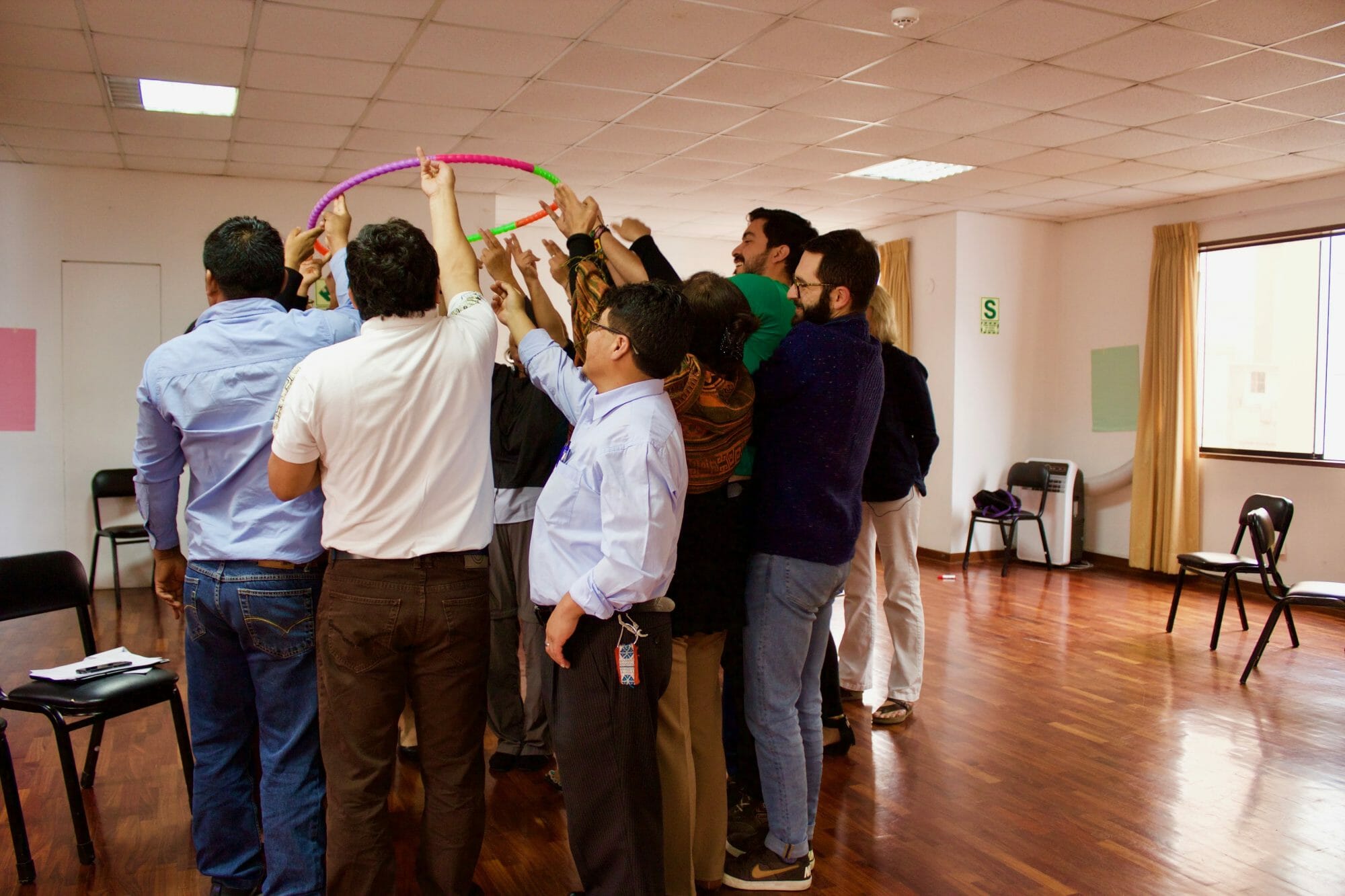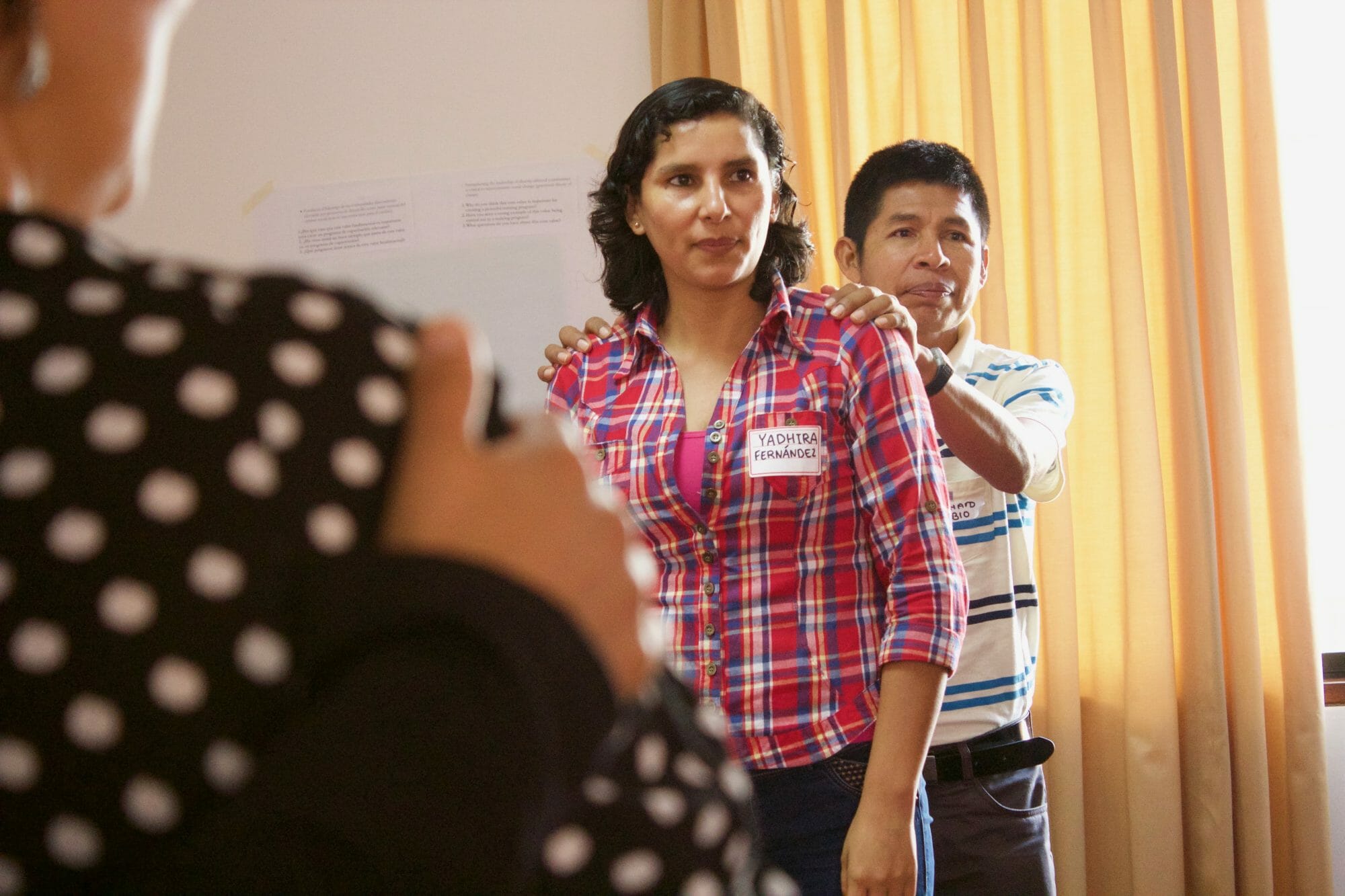It all started with 12 students from refugee camps on the Thai-Burma and Chinese-Burma borders, activists working for human rights, and young people whose communities were confronting human rights violations often linked to militarization – forced labor, displacement, and violence (especially against women). The program lasted one year and was a place for these young people to gather, strengthen, and strategize because they were not able to safely operate in their own countries at the time. That was the first EarthRights School (ERS) graduating class in 1999. While the school has evolved, it has remained an integral part of ERI and its vision remains the same. A transformational training program for environmental and human rights activists from across Southeast Asia, the school equips activists with the skills, tools, and networks necessary to mobilize and lead their communities to defend their land, resources, and rights.
After more than two decades of operating and growing our school in Asia, we want to spread our model of teaching to reach many more affected communities. Recognizing that communities across the Global South are confronting many of the same issues and adversaries, ERI is now working to share the ERS model by working with others across the globe who face similar struggles and experiences of resistance. In pursuit of this goal, ERI is developing a toolkit to share our model in a way that can be accessed and adapted by activists and organizations worldwide. This project will be both a collection of resources and strategies as well as a network of support, using a training-of-trainers model that contributes to ERI’s mission while also meeting the needs of global organizations and communities who face similar struggles.
Many communities face similar issues across the world (sometimes at the behest of the very same corporations) and yet the context in which they navigate and combat these issues varies significantly. There is no single solution or one-size-fits-all approach – in fact, the dynamic and responsive curriculum of ERS over the years reflects this.
To create materials and partnerships for this project, ERI has been collaborating with the Rhiza Collective, a group that includes a former ERS teacher, on a series of workshops – intensive, collaborative, co-creation sessions with diverse stakeholders who will later use the programs and tools. So far, we have held two of these workshops: one in our beautiful Mitharsuu Center, in Chiang Mai, Thailand in February of this year and one in Lima, Peru in May.
We’re developing the toolkit, regional hubs and training-of-trainers mechanism in partnership with those who will use it. It’s also vital that the co-creation process integrates participatory and context-driven decision making from the get-go rather than only as an add-on once the program is in use.

An ERS alumni joins the workshop in Thailand in February.
What We’ve Been Doing
The workshop in Thailand brought together ERI staff and a small group of ERS alumni from organizations such as the Karen Environmental and Social Action Network, a community-based organization working to improve livelihood security and respect for indigenous people’s knowledge and rights in Karen State, Myanmar, and Youth Circle, an organization that serves and promotes political transition and human and environmental rights in Myanmar through youth action.
These alumni and partners brought extensive hands-on experience as trainers and curriculum designers, and all of the participants collaborated to identify key components of the EarthRights School approach and model as well as lessons other organizations could draw on to assist communities and organizations to replicate these successes within their own contexts.
The workshop in Peru brought together Latin American lawyers, trainers, and indigenous earth rights defenders together with ERI staff from the Southeast Asia and Peru offices. Participants shared their own experiences, learned about the ERS, and explored how strategies from the Mekong region can be adapted to the Latin American context. Through interactive activities and discussions, participants learned about training programs in the region to build diverse cross-regional understanding and strengthen the movement.
Participants at the Peru workshop work to refine pieces of an adaptable curriculum.
What We Learned
Participants gave valuable feedback on the adaptability of core components of the ERS curriculum. Due to the rich diversity in cultures, lifestyles, and training needs in Latin America, this gathering was an excellent opportunity to ask the Latin American participants about the relevance and utility of our materials and to build on the strengths and resources of their contexts. While some training topics from ERS were identified as urgently needed, others were already well-covered by local or regional Latin American groups
The knowledge and skills that participants brought to both workshops will support the development of materials and regional hubs to support the strengths and resources of local trainers in different regions around the world. We are excited to continue to explore how best to meet the needs of organizations around the world and to build and sustain the partnerships to achieve this.

A participant at the workshop in Thailand shares his vision for a training-of-trainers program.
What’s Next?
The lessons learned in these workshops are helping ERI to solidify and develop materials and to continue to test them for adaptability and usefulness. The gatherings so far have allowed ERI and crucial partners in the movement for earth rights to think and talk together, and we are excited to plan for the next phases of this project which will involve trying it out on the ground! We’re now taking stock of what has been collected so far and deepening our partnerships with key partners around piloting and testing elements of the toolkit and supporting programs.
In the meantime we will continue to document and share the process of the project as well as continue to integrate the adaptation process into the development of programs and materials. e are committed to a participatory, inclusive and adaptable approach in the pursuit of strengthening movements and networks to combat EarthRights abuses across the globe.

Participants at the Peru workshop practice teambuilding activities.







